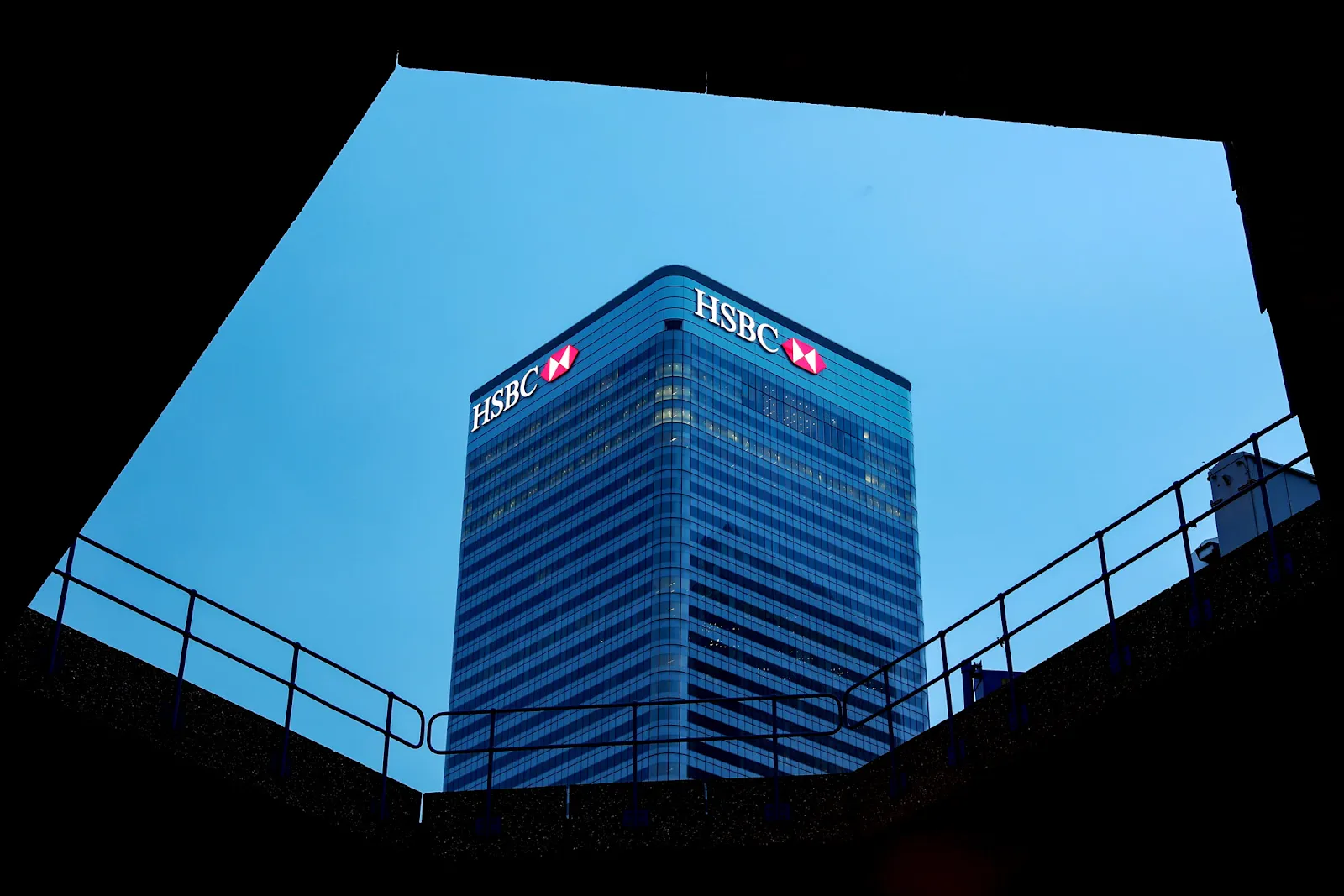Pre-Tax Profit At Hsbc Topped Estimates By $5.2 Billion In Its Fourth Quarter
The HSBC Group reported financial results on Tuesday that were in line with analyst expectations for the fourth quarter of 2022.
The bank reported its profit before tax for the three months ended in December was $5.2 billion, a 108% increase from $2.5 billion a year earlier, and above the $4.97 billion expected in the bank's estimates for the period. There is a strong growth in revenue reported by HSBC for its fourth quarter and an overall decrease in operating expenses reported by HSBC for quarter.
There was an increase of $51.73 billion in reported revenue for the full year of 2022, up from $49.55 billion in 2021. For 2022, the bank reported a profit before tax of $17.53 billion, down from $18.91 billion the previous year. An impairment charge of $2.4 billion was included in its 2022 pre-tax profit because the retail banking operations in France were to be sold at a loss of $2.4 billion.
As Europe's largest bank by assets, HSBC said it is confident that it will be able to achieve its target of at least a 12% return on average tangible equity by the end of 2023, as the firm expects higher global interest rates.
“Our international connectivity is now supported by good, broad-based profit generation around the world thanks to the completion of the first phase of our transformation,” Noel Quinn, group chief executive, said in a release.
“We are on track to deliver higher returns in 2023 and have built a platform for new value creation,” he said.
The world's central banks have raised rates in an effort to tame inflation around the world, which has resulted in banks around the world receiving strong net interest income. As of 2023, HSBC expects its net interest income to be at least $36 billion, which is the highest level in its history.
Prior to the release of the report, the Hong Kong-listed shares of HSBC were about 1% lower, but by the afternoon, they were nearly 2% lower.
Other highlights from the bank's financial report card include:
- Approximately $3.6 billion is expected to be lost on credit in 2022 as a result of increased economic uncertainty, rising interest rates, and developments in the Chinese property market.
- There was a 28 basis point rise in the net interest margin in 2022, reflecting increases in interest rates, reflecting a rise in retail lending profitability.
- The board of directors of HSBC has approved a second interim dividend of 23 cents per share, bringing the total dividend for 2022 to 32 cents per share.
Special dividend
Apart from its second interim dividend of 23 cents per share, the bank also announced that it is considering a special dividend of 21 cents per share once it has sold the banking business in Canada, in addition to its second interim dividend of 23 cents per share. According to HSBC, if the deal closes as expected in late 2023, the company will receive the payment in early 2024.
HSBC plans to pay out 50% of dividends in 2023 and 2024, according to its announcement.
Quinn stated on Trade Algo that HSBC aims to reach its pre-Covid dividend levels in the coming year.
“Using the math, you get to the conclusion that the dividend in 2023 will be about 50 cents, which is close to the dividend before Covid was formed," stated Quinn. “The 50 cents would be on a payout ratio of 50% if we were to deliver on these promises this year."
“The result at this point is a much healthier balance between yield generation for our shareholders, as well as an ability to retain profits for growth, and if that growth isn't there, then we have buyback capacity as well,” he said.
Rosy outlook for China
The chairman of HSBC's global operations, Mark Tucker, said there are still many macroeconomic headwinds facing the global economy today.
“The pandemic, high inflation, and interest rates, and the Russia-Ukraine war, all have implications for the global economy, including volatility in markets, supply chain disruption, a squeeze on small and medium-sized businesses as well as a squeeze on the cost of living,” he said in a statement.
“Economies in 2023 will face different challenges and have different opportunities,” he added.
“The HSBC economists recently reiterated their forecast that China's GDP will grow by 5% in 2023,” according to Tucker.
“With the reopening of the border, Hong Kong and the entire Greater Bay Area will benefit, and I expect a strong recovery,” he said.
“I believe China's re-opening of the market and the package of measures designed to stabilize it should provide a significant boost to the country's economy and to the global economy, though there may be some short-term volatility,” he said.
As a result of Russia's war on Ukraine, Europe will likely face headwinds on energy prices, unlike Asia. He also predicted a relatively shallow recession if the economy enters one.
“In general, I am optimistic about the health of the global economy in the second half of 2023; however, there are still a lot of uncertainties due to the Russia-Ukraine war, and there is a possibility that recessionary fears may still dominate much of the year to come,” he said.

Subscribe to our newsletter!
As a leading independent research provider, TradeAlgo keeps you connected from anywhere.








